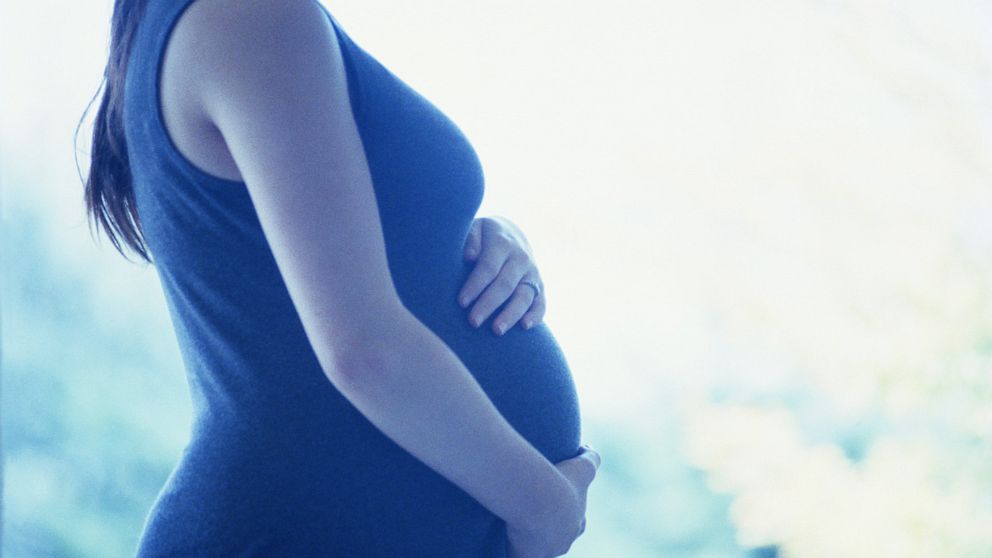Teen Birth Rate Declines: What's Going Right
Teens are having less sex and using more contraception when they do.

Sept. 6, 2013— -- Fewer teen girls between 15 and 19 are having babies than at any time since the end of World War II.
According to new numbers from the Centers for Disease Control and Prevention, the birth rate has dropped by about a third since 2007 and by more than half since 1991. Births among Latina teens in that age bracket dropped an incredible 40 percent in just five years, from 2007 to 2012. But the decline is evident across states and ethnicities.
And it’s not some blip. There’s been a real, steady decline.
As Bill Albert, a spokesman for the nonprofit National Campaign to Prevent Teen and Unplanned Pregnancy, said, “It’s a national ‘good news’ story.”
So what gives? Why is this happening and how do we keep the trend headed the right direction?
A CDC spokesperson said they don’t have information at this time about why there’s been such a decline, but Albert has what he calls the “tall, grande and venti answers” to that question.
First, it’s important to recognize that overall birth rates are down and that includes teens.
Beyond that, the tall answer is that credit goes to teens themselves. They’re clearly making better decisions.
The grande answer is that there’s been a combination of less sex and more contraception use over the past couple of decades.
But it’s the venti answer that attempts to answer why there’s less sex and more protection that’s most interesting.
Part of it likely has to do with the Obama administration’s “investment in proven effective programs,” he said. The administration has funded teen pregnancy prevention initiatives, and opposed the abstinence-only refrain.
There are more contraception options available and some, like IUDs, are nearly 100 percent effective.
Albert also thinks “positive peer influence” is at play. If your peers aren’t having kids and it doesn’t seem like the norm, you’re probably less likely to have kids, too.
There’s some evidence that parents are talking to their kids “early and often” about relationships, sex and contraception, he added. They’re also talking about when and under what circumstances to start a family.
“It’s always a shock to parents,” he said, “but teens themselves say parents, not peers or pop culture, most influence their decisions about sex.”
Kids born to teens are also more likely to become teen parents themselves and since there’s been a steady decline over the last few decades, we may be seeing a decrease in that cycle.
The accelerated decline among Latinas is especially positive. Some of it has to do, Albert said, with what economists call “regression toward the mean.” The teen pregnancy rate among Hispanic girls has always been disproportionately high.
But that’s not the only factor. It also has to do with messaging campaigns targeted at Hispanics that seem to be working.
“Sometimes you see national good news stories and there are places where the news isn’t good,” Albert said. “There aren’t places where the news isn’t good here. This is good across the board.”
Better yet, he expects the trend to continue.
“It’s one of the nation’s great success stories,” he said, in an area that was “once considered unsolvable and inevitable.”




